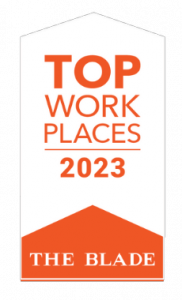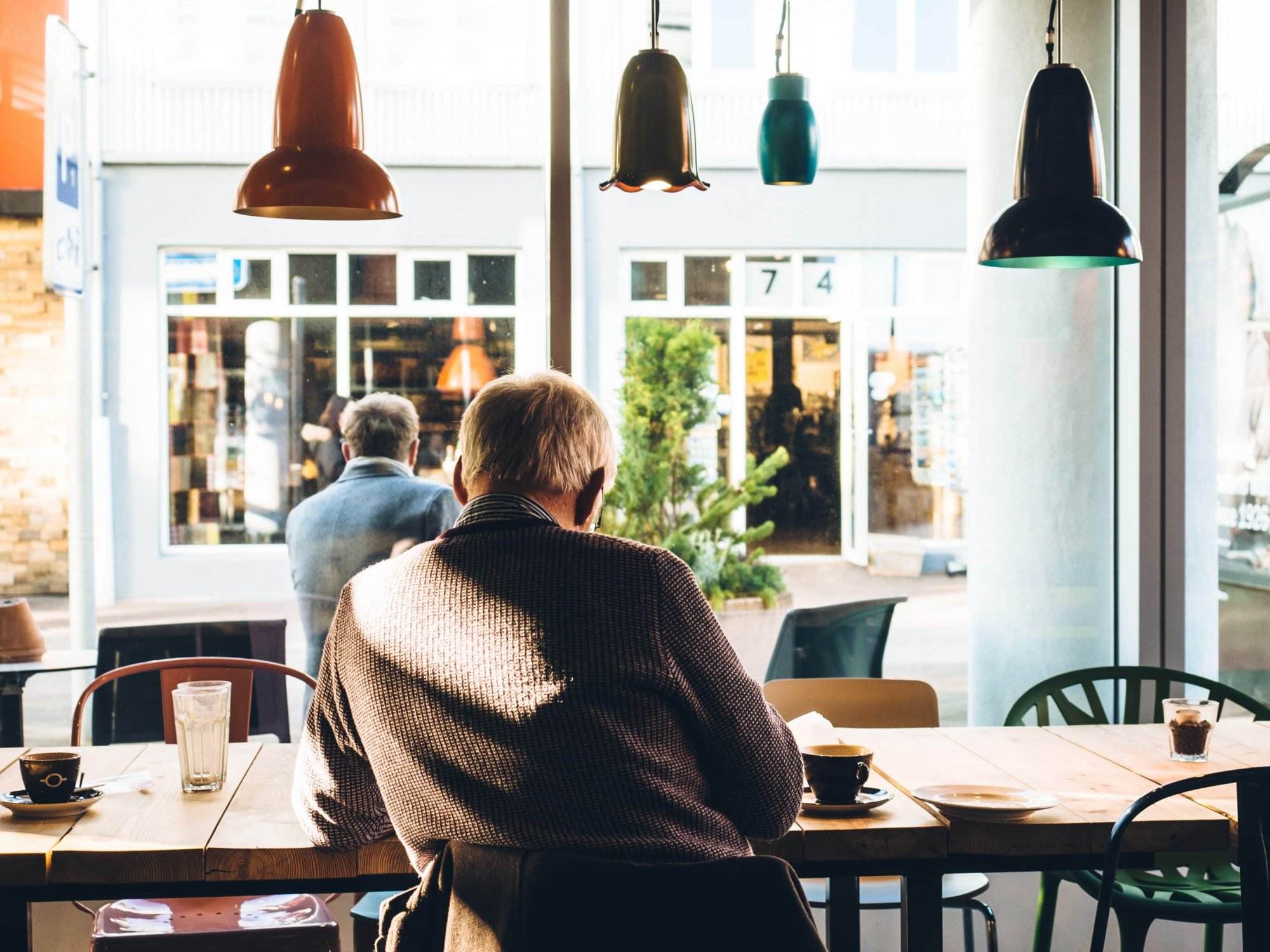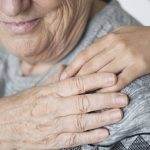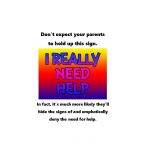 Guest Bloggers: Cindy Roshon & Sue Rindskopf
Guest Bloggers: Cindy Roshon & Sue Rindskopf
Cindy Roshon and Sue Rindskopf started the Stroke Life Center to help stroke survivors continue their journey in healing. Both Cindy and Sue are stroke survivors themselves. They know from their own experience what it takes to make the needed adjustments and deal with the challenges of life after a stroke.
In their determination to achieve higher levels of function, Cindy and Sue were inspired to create an organization that picks up where healthcare leaves off. The primary goal of the Stroke Life Center is to provide services that enhance the mental and physical well-being of the survivor.
For more information, visit www.strokelifecenter.com or call 419-214-1226.
4 Ways to Help a Loved One Recover from a Stroke
Strokes can affect anyone at any age, from the elderly to the young. After someone suffers a stroke, the recovery process is important. If you are a caregiver, pay special attention since proper recovery can prevent or reduce the risk of a second stroke.
Learn about some of the ways you can help a loved one recover from a stroke.
Physical Therapy
A key component of stroke recovery is the introduction of physical therapy.
Depending on the severity of the stroke, certain physical activities can assist in relearning skills that were lost after a stroke which will be introduced in the hospital or a rehabilitation facility. Some of the physical rehabilitation exercises include:
- Motor-skill exercises for muscle strength and coordination
- Use of mobility aids like walkers and wheelchairs to regain movement
- Range-of-motion exercises to restore motion and ease muscle tension
- Forced-use therapy to restrain unaffected limbs while recovering another limb
In addition, introduce a light exercise routine that includes walking or tai chi to improve overall health and reduce risk of another stroke.
Anticipate Personality Changes
A loved one recovering from a stroke is likely to undergo personality and mood changes, and possibly other serious conditions like depression or PTSD. While you can’t completely understand his or her dilemma, remember to show plenty of love, support and patience as they go through this process. For PTSD, depression, or other psychiatric conditions, talk to their doctor for the appropriate treatment.
A Second Stroke is Possible
Having a stroke increases the chance of having a second one by 40%. The tips shared in this article are intended to help reduce the risk of future strokes, however, it is not always possible. Therefore, learn to recognize the signs of a second stroke in case it occurs so you can act fast and call 911. Pay attention to the patient and look for the following F.A.S.T. symptoms of a stroke:
- Facial drooping
- Arm weakness
- Speech difficulties
- Time to call emergency services
Join a Support Group
Socialization is always important for someone recovering from a stroke. Interaction with someone else encourages brain activity, and spending time with someone who went through the same ordeal can help the patient cope. Take the time to find a support system that can assist your loved one into socializing and making healthier life decisions.
If you or a loved one are stroke survivors, there are plenty of resources at your disposal. Visit Stroke Life Center, join a support group, and check out other helpful resources for the recovery process.
Our Commitment
We take our responsibility to provide competent, experienced in-home senior care seriously. Call us at (419) 754-1897 to schedule a free in-home assessment.
You are not alone. We are here to help.

 Arista Wins Top Workplaces Award
Arista Wins Top Workplaces Award


